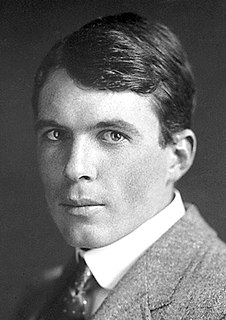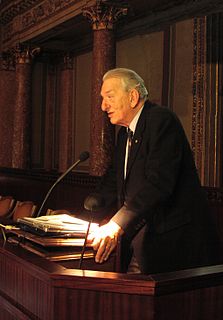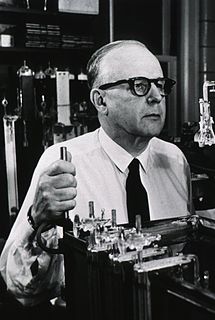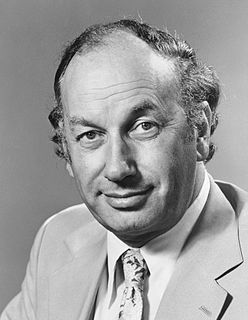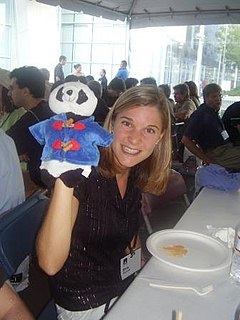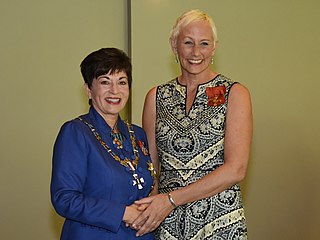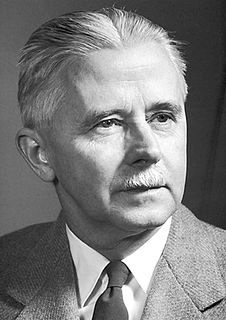A Quote by John Cornforth
At the National Institute for Medical Research, I came into contact with biological scientists and formed collaborative projects with several of them. In particular, George Popjak and I shared an interest in cholesterol.
Related Quotes
The field of U.S. cancer care is organized around a medical monopoly that ensures a continuous flow of money to the pharmaceutical companies, medical technology firms, research institutes, and government agencies such as the Food and Drug Administration (FDA) and the National Cancer Institute (NCI) and quasi-public organizations such as the American Cancer Society (ACS).
I feel very strongly indeed that a Cambridge education for our scientists should include some contact with the humanistic side. The gift of expression is important to them as scientists; the best research is wasted when it is extremely difficult to discover what it is all about ... It is even more important when scientists are called upon to play their part in the world of affairs, as is happening to an increasing extent.
With support from institutions like the United Nations as well as the donor community, governments can strengthen their national technological and scientific capacities by devising policies to link up to research networks, encourage technology transfer, and build indigenous capabilities through education and collaborative projects.




